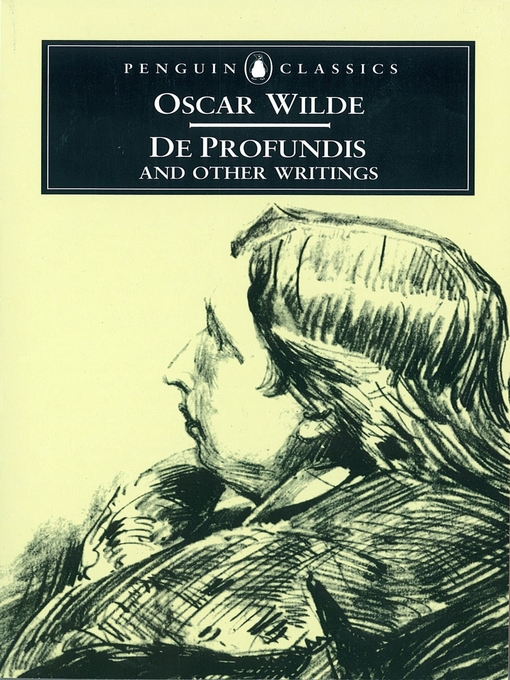I have nothing to declare,' Wilde once told an American customs official, 'except my genius.' A good part of that genius is evident in the essays and poems included in this volume. There is the intellectual genius of The Soul of Man under Socialism, in which he clearly foresaw the dangers of economic bureaucracy and state-worship: for Wilde socialism meant liberation and individuality, not enslavement. Then there is the emotional genius of De Profundis, the long, introspective and often hostile letter he addressed to Lord Alfred Douglas from prison. And there is the poetical genius of The Ballad of Reading Gaol, in which Wilde's generous nature could movingly express for another's misery the sorrow he found it hard to express for his own. This collection contains, too, many examples of that humorous and epigrammic genius which captured the London theatre and which, by suddenly casting light from an unexpected angle, widened the bounds of truth.
- Available now
- New eBook additions
- New kids additions
- New teen additions
- Most popular
- Try something different
- See all
- Available now
- New audiobook additions
- New kids' titles!
- New teen additions
- Most popular
- Try something different
- See all

